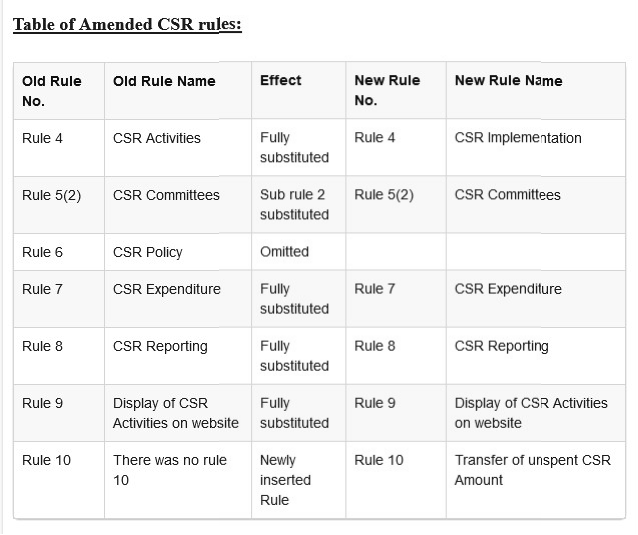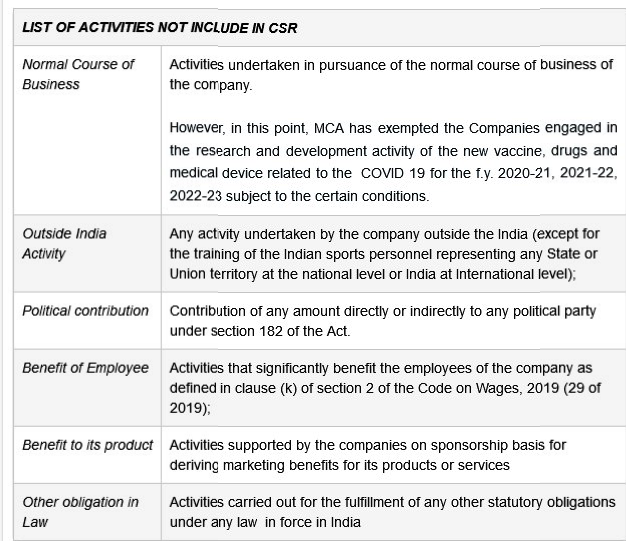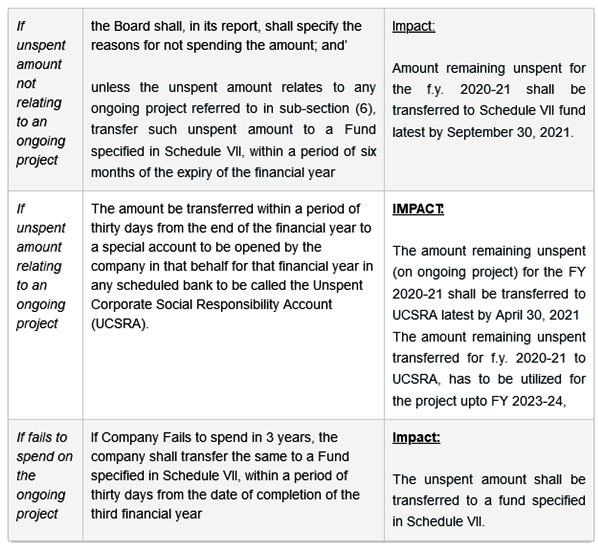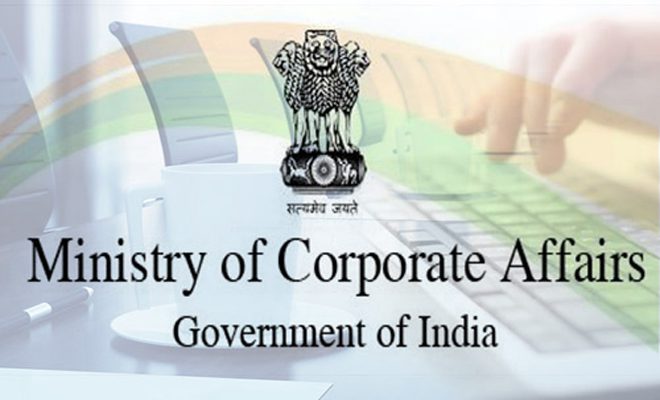The Finance Bill, 2020 includes many provisions relating to amendment and changes in various TDS and TCS provisions and further introduced many new TDS and TCS provisions in the statute.
In this article we are focusing on following four major amendments as proposed per the Budget 2020-21:
- Dividend paid by SPV to Business trusts
- TDS on payment made to FII
- Insertion of section 194Q
- Higher rate of TDS for non-filing of return of Income.
1. Section 194- TDS on Dividends:
Provision relating to deduction of TDS on Distribution of Dividend was introduced and made effective from April 1, 2020 by withdrawing DDT in the Finance Act, 2020. Thus, dividend became taxable in the hands of the recipient. The second proviso to section 194 stated that this section shall not apply if the dividend is paid to insurance company or insurers. The Finance Bill 2021 now proposes to extend this benefit also to business trusts and states that if any dividend is paid/credited to a business trusts
established for special purpose vehicle, no TDS shall be deducted. Thus, SPV is not required to deduct TDS on payment of Dividend to business trusts. This is retrospective amendment from AY 2020-21. Further, TDS will not be deducted in case of payments made to any other person as may be notified by Government.
2.Section 196D- TDS on Income of FII from securities:
The section has been modified to rationalise the provision concerning withholding on payments made to Foreign Institutional Investors (FIIs). Accordingly, it is proposed to insert a proviso to subsection (1) of section 196D of the Act to provide that in case of a payee to whom an agreement referred to in section 90(1) or section 90A(1) applies and such payee has furnished the Tax Residency Certificate as required section 90(4) or section 90A(4) of the Act, then the tax shall be deducted at the rate of 20% or rate/rates of income tax provided in such agreement for such income, whichever is beneficial to FII.
3.Section 194Q- TDS on Purchase of goods over a limit:
In the last Finance Bill, section 206C(1H) was introduced according to which seller was required to collect TCS on sale of goods and this year, a new section 194Q, being TDS on purchase of goods on the similar lines is proposed to be introduced.
a) A buyer, who is responsible for paying any sum to resident (referred as “seller”) for purchase of any goods of the value/ aggregate of such value. exceeding in a previous year of 50 lakhs, shall deduct 0.1% (5% in case of No PAN/ Aadhaar cases) of such sum exceeding 50 Lakhs as income tax,
b) A buyer means a person whose total sales, gross receipts or turnover from the business carried on by him exceed ten crore rupees during the financial year immediately preceding the financial year,
c) If the amount is credited to any account by whatever name called, these provisions shall apply,
However, the Central Government may, by notification in the official Gazette, specify for this purpose, subject to conditions as prescribed in such notification shall be exempted from TDS,
It is also stated that if the transaction is covered for TDS/TCS under any provision of the Act and has deducted such amount, they shall be exempted from this provision. Further, if the transaction also falls in the purview of section 206 C (1H) then section 194Q is given preference and Buyer shall be responsible for deducting tax.
4.Section 206AB and Section 206CCA – Higher rate of TDS/TCS for non- filing of return of income:
As per section 206AA, a higher rate of TDS/TCS was deducted if the recipient/payee failed to submit PAN/Aadhar cases. New Sections 206AB and Section 206CCA have been proposed in the Finance Bill, which will require that the Deductor/Payer will also have to ensure while making payment that the “specified person” has also filed the Return of Income for the last two financial years, immediately prior to the financial year in which payment is made. In case of non-filing of Return income, by such resident deductee where the time limit under Section 139(1) has expired and the aggregate TDS and TCS is ₹50,000ormoreineachofthesetwoprevious years, then the TDS/TCS will have to be deducted at higher of the following rates as applicable under that Section in which payment is made:
a) At twice the rate specified in the relevant provision of the Act, or
b) At twice the rate or rates in force, or
c) At the rate of five percent.
CPC/Government will provide online verification mechanism on the website of ITD, in due course, which will enable the Deductor/ Payer to verify whether the payee/Recipient has filed the return of Income for the last two years or not.
The above provisions shall not apply to the following sections- 192, 192A,
194B, 194BB, 194 LBC and 194N
By CA Soniya Dashottar
We trust you will find this insight informative as well as useful. For any queries, you can write to us at info@sfsadvisors.co.in
Disclaimer: This insight is meant for informational purpose only and should not be considered as an advice or opinion.
Best Regards,
Team SFS






